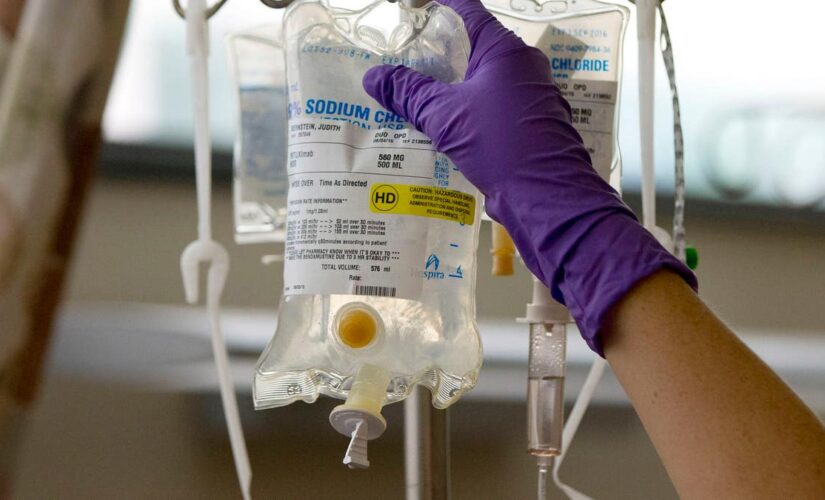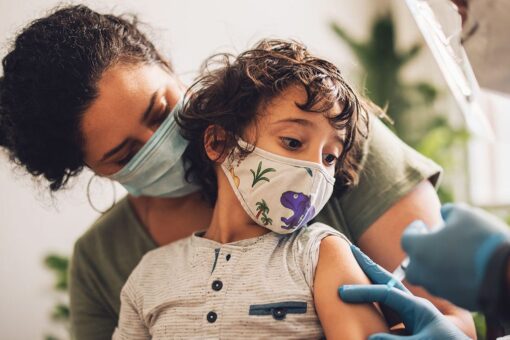NEWYou can now listen to Fox News articles!
Alcohol, smoking, and a high body mass index are the preventable risk factors attributable to nearly half of all global cancer deaths, according to a new study funded by the Bill and Melinda Gates Foundation.
The study published in The Lancet on Thursday examined cancer cases from 2019 and found that 44% of cancers death were caused by preventable risk factors. The three leading risk factors were smoking, drinking large amounts of alcohol, and having a high BMI. Both male and female patients experienced the same risk factors.
Across the world, the study indicated that 42% of disability-adjusted life years, or healthy years an individual loses due to cancer, were also attributable to those risk factors.
However, the risk factors did vary when adjusted for the income brackets of certain regions. For lower-income countries, unsafe sex was one of the leading risk factors, while higher-income regions experienced the original three global risk factors.
US LIFE EXPECTANCY IN 2020 SAW BIGGEST DROP SINCE WWII
Smoking, Alcohol, and high body mass index are the three major preventable risk factors attributable to global cancers, according to a new study.
(iStock)
The study used data college by the Institute of Health Metrics and Evaluation’s Global Burden of Disease project to analyze global deaths and disabilities from cancer.
“To our knowledge, this study represents the largest effort to date to determine the global burden of cancer attributable to risk factors, and it contributes to a growing body of evidence aimed at estimating the risk-attributable burden for specific cancers nationally, internationally, and globally,” said researchers from the Institute for Health Metrics and Evaluation at the University of Washington in the study.
“Although some cancer cases are not preventable, governments can work on a population level to support an environment that minimizes exposure to known cancer risk factors,” researchers said.”Primary prevention, or the prevention of a cancer developing, is a particularly cost-effective strategy, although it must be paired with more comprehensive efforts to address cancer burden, including secondary prevention initiatives, such as screening programmes, and ensuring effective capacity to diagnose and treat those with cancer.”
The researchers also noted that government policies such as the high taxation and regulation of tobacco products are making “substantial progress.”
MEN’S SKIN CANCER DEATHS ARE HIGHER THAN WOMEN’S: NEW ANALYSIS
“Behavioural risk factors are strongly influenced by the environment in which people live and individuals with cancer should not be blamed for their disease,” the researchers clarified.




